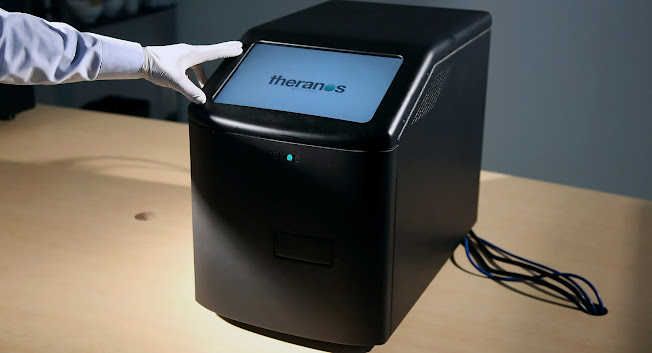You are likely hearing, or will hear, a lot of news about Pfizer's anti-viral drug 'paxlovid' (nirmatrelvir or PF-07321332) given that it was approved for use in Canada as reported yesterday by the
CBC's John Paul Tasker:Health Canada has approved Pfizer's COVID-19 therapeutic for use in adults 18 and older, paving the way for the distribution of a potentially lifesaving drug at a time when the country's hospitals are overwhelmed.
Pfizer's Paxlovid is an oral antiviral treatment prescribed by a doctor and administered in pill form. It is designed to help the body fight off the SARS-CoV-2 virus, reduce symptoms from an infection and shorten the period of illness...
Paxlovid does not act by boosting the immune system against the virus, which is a good thing because that means that 'immune evasion' is not an issue.
More specficially, in Step 3 of the viral life cycle (see diagram, above,
from Science magazine), paxlovid/PF-07321332 inhibits the ability of the 'main protease' (MPro) of the virus to chop up long strings of proteins that have been read out (or 'translated') from the viral RNA (Step 2) inside our own cells.
The activity of the 'MPro' is essential for the viral life cycle to continue (Steps 4 and 5) because the chopped up chunks of protein from the original long string are the functional bits of the virus that allow it to make more of itself (i.e. to 'replicate') so that it can be released from your own cells (Step 6) such that it can then infect more of your own cells or be released from your airways as aerosols which can infect other people.
The take home message.... When you whack 'MPro' with paxlovid/PF-07321332 you make less virus, which means you have less viral load in your body. As a result, you don't get as sick and, it appears, you are also less infectious.
Thus, there are real benefits here that include:
1) you can take it easily by mouth.
2) you don't have to worry about immune escape (or, in most cases, the state of your own immune system) for it to work.
3) According to the clinical trial data released by Pfizer so far, it will work for at least five days after a virally infected person becomes symptomatic which is a decent window of time to get the drug into people in real world settings.
But could the virus mutate so that paxlovid stops working?
Well, that's possible, although, unlike the spike protein (which forms the little red bits sticking out of the virus that the virus uses attach to and enter into cells, Step 1 above) where there are many mutations, there is only one mutational change in MPro in the omicron variant. However, that could change/accelerate when paxlovid treatment causes selection pressure for variants that could escape drug effectiveness.
Ultimately, issues about protease inhibitor/paxlovid resistance due to mutation could be overcome by developing additional drugs that attack other molecular choke points in the viral cycle. This is a strategy that has been used successfully in HIV treatment, although there things are different in that the treatments are chronic/go on for long periods of time which, at least so far, is not the goal of acute paxlovid treatment against SARS-CoV-2 (i.e. you take it twice a day for five days). Regardless, there are other drugs in the pipeline, including Merck's 'molnupiravir' which works by blocking a different enzyme called RNA dependent RNA polymerase (RdRP) that is critical for making new copies of the viral genome (see Step 4 in the diagram above).
_____
There is actually a second drug that you take with PF-07321332 in Pfizer's treatment called 'ritonavir' which acts by decreasing the activity of a molecule in your own body (including in the intestines and the liver) called cytochrome 3A4. Normally, cytochrome 3A4 acts to break down/metabolize drugs/foreign agents, so here ritonavir decreases the breakdown of paxlovid. As a result, paxlovid levels remain higher for a longer in our bodies which makes it more effective against the virus. Regarding Merck's 'molnupiravir'...It doesn't appear to be as effective in clinical trials as Pfizer's treatment, at least on its own. There are also some concerns that it might speed viral mutation rates because of the way it works (i.e. it mucks up the ability of the virus to copy its own RNA which is where everything, including mutations, are coded).
.






















